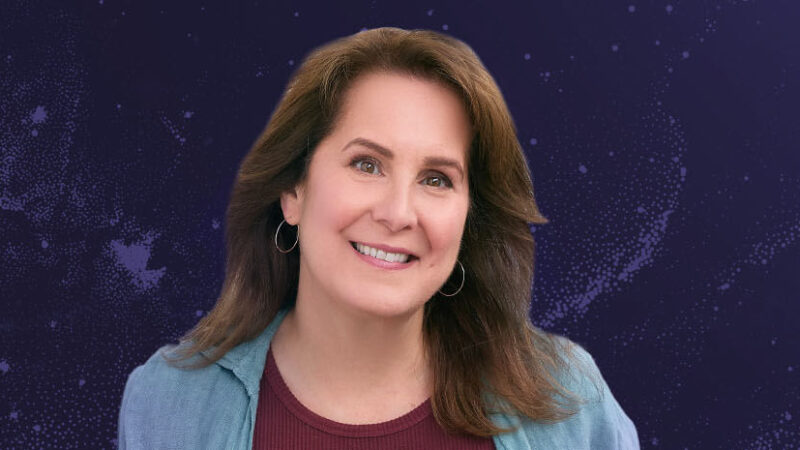Sarah Taylor: Neurodivergent People Are Wired for Awak...
Are certain individuals more inclined to awaken spiritually? Do some of us have a natural proclivity to experience spiritual states of oneness? Welcome to the first episode in our new podcast series, Being Open: Spirituality and the Neurodivergent Mind. In this illuminating conversation, Tami Simon speaks with intuitive energy healer and awakening trail guide Sarah Taylor about the empowering revelations and approaches she has discovered throughout the course of her life—including the late-in-life realization that she has both autism and ADHD.
Give a listen to this compelling and informative dialogue on: waking up to our interconnection; the shift from “head awakening” to “heart awakening”; Dzogchen and “the one taste”; the receptivity and porousness of neurodivergent people; the healing power of integration and embodiment; the critical importance of downtime and self-care; experiencing equanimity; unraveling the adaption strategies that no longer serve you; living with a high level of “raw sensitivity”; owning your truths—instead of masking your wants, needs, and authenticity; the misunderstood habit of “stimming” (or self-stimulation); the concept of samskaras (or energetic blockages in your subtle anatomy); reckoning with grief; the futility and harm of self-labeling; reframing limitations as gifts; managing your energy and seeking support when you need it; the connection between our increased understanding of the neurodivergent brain and the collective evolution of humanity; and more.
Note: This episode originally aired on Sounds True One, where these special episodes of Insights at the Edge are available to watch live on video and with exclusive access to Q&As with our guests. Learn more at join.soundstrue.com.





